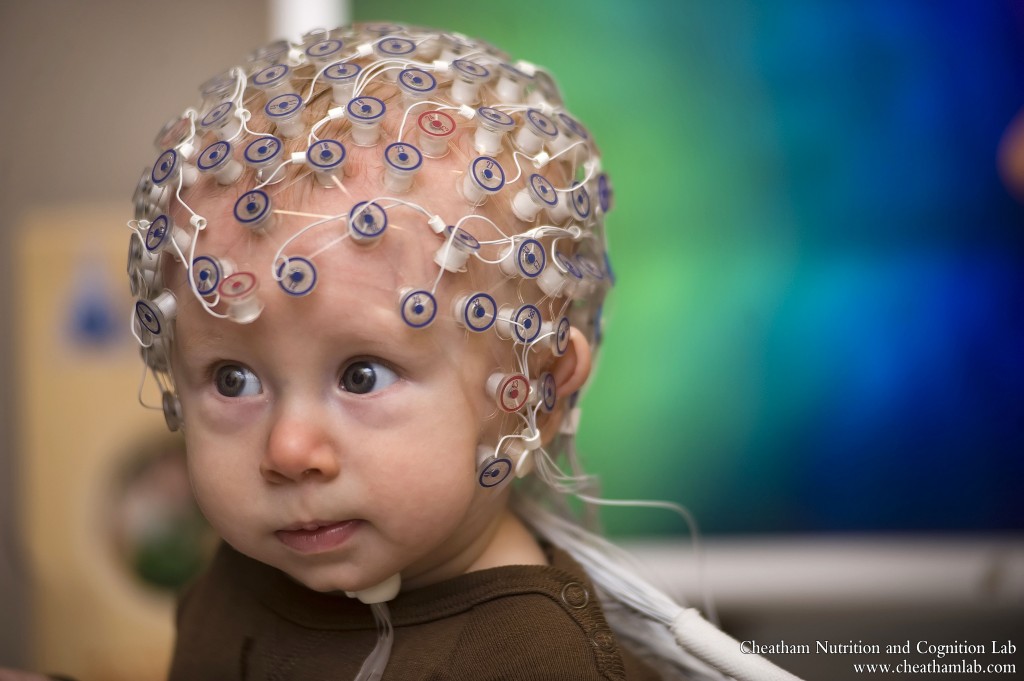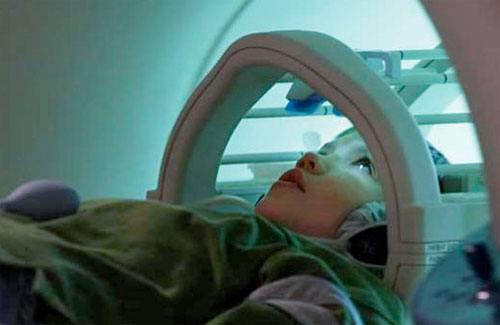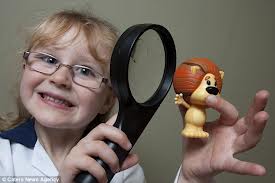Supporting the Science of Speech: 10 Ways to Involve Your Child in Research
How do children learn new words?
What is the risk of a sibling developing Autism?
If you follow the news headlines you likely already know that developmental research- the science of how children learn and change overtime- is booming. In addition, the causes and implications of developmental disabilities- why some children develop disorders and some do not – is even more dynamic. If you have ever considered involving your child in research, now is the time. Participating in research can be a fun and exciting experience for children of all ages and takes place all over the country. Clinical practices and methods in speech pathology rely heavily on research into how the normal brain and disordered brain works. Child scientists are vital to our communities and can help shed light onto the most pressing developmental issues and help improve speech therapy techniques.
Children and Clinical Studies
What happens at the Visit?
While each study is different, traditional research opportunities many include games, watching videos or TV screens, or completing a puzzle-like task. Clinical trials often involve a short-term use of a new medication. In some cases, the whole family can get involved. When researchers are looking at how parent’s and children work together, moms and dad, and sometimes siblings are invited into the task too. Visits vary in length from one to multiple visits.
Children are usually provided a small prize for participating with other incentives including money, copies of medical images (think pictures of your own brain!) or gift certificates. Not only will you and your child enjoy a day out, but you’ll be contributing to research that helps areas including: medicine, education, understanding language development, and rehabilitation.
10 Research Opportunites:
Check out these resources for research opportunities that you and your child might love. Great places to search for opportunities usually include Universities and Hospital Settings. If clinical trials or behavioral tasks aren’t your child’s thing, take a look at #3 and #6. Studies change frequently so check back often or ask to have your child’s name added to the list of possible subjects. That way the researchers can call YOU!
- Bring the Brothers and Sisters! Infant Sibling Study at UC Davis. The goal is to understand early manifestations in Autism. Researchers are looking for babies, 9 months old and younger who have either a 1.) typically developing sibling or 2.) sibling with Autism. Researchers use eye-tracking techniques to watch an infant’s gaze at faces and also use behavioral observations to make preliminary determination of Autism or other concerns by age 3.
- Babies in Beantown: Harvard University Developmental Laboratory. The goal of this laboratory is to gain understanding infant cognition and perception. Four different laboratories are included in this department at Harvard and include areas of interest such as: language, cognitive and concept development, language in Autism, adoption, word learning and more. Children are typically led into a study room with their parent and a lab student who asks the child to participate in short, play-based tasks. Fill out the online form to become a participant or sign up to receive the lab’s newsletter. A typical study might look something like this.
- Canines and Kids in Chicago: Occupational Therapy research at Midwestern University. A fun study from the Occupational Therapy research team focused on how pets can affect play skills. Children of all disabilities are welcome and will be observed and engaged in a play scenario with their pet.
- Search Clinical Trials: Boston Children’s Hospital. Use this database to search for clinical trials across many areas of medicine. Studies range from genetics to nutrition to imagining (fMRI, CAT scan etc.) important terms to know include:
- Clinical trial: a controlled test of a new medical drug or device
- Placebo: a substance containing no medication (often used for comparing against a group that has received a medication)
- MRI: Magnetic Resonance Imagining, a non-invasive procedure using this technology to produce interior images of substances that otherwise cannot be seen, such as the human brain or other internal body parts
- Improving Reading: Yale Center for Dyslexia and Creativity. Interesting opportunities for 10-16 year olds on reading and attention. According to the website, Study participants receive a comprehensive battery of achievement tests, a diagnostic interview, physical with laboratory studies. Participants meeting criteria for the study are then assigned to a group, given medication or placebo and monitored. Participants meet with a physician at each monitoring visit as well as the study staff. A physician and the coordinator are available at all times for phone consultation throughout the study. At the conclusion of the study, families receive a comprehensive report of academic skills and compensation for their travel, food and time in participating.
- Toy Testers: Mattel Imagination Toy Testing Centers. Admit it, this is your (and your child’s) dream job. Toys are important to development too. Mattel Imagination Center is a state of the art toy testing facility that regularly needs the help of 2-10 year old toy testers. Contact Mattell for more information on the Toy Testers Program or follow them on Facebook via the link above for upcoming toy research. Mattel, Inc. 333 Continental Boulevard, El Segundo, 90245; (310) 252-2000 or (310) 252-3811
- Join the Autism Research Network at IAN (Interactive Autism Network). This online community provides links for researchers and families with listings in each state for Autism related research. According to the website, IAN Research is conducted online. Parents answer questions about themselves and their affected and unaffected children. Researchers throughout the world work with IAN to use this data to conduct their own research.
- Craigslist can help! Search the “volunteers” section of Craigslist in your local area for a variety of research opportunities. This is where many hospital and university-based research projects will post advertisements to get the word out on their studies.
- Sensory Processing: The Spiral Foundation. Many children with language disorders also struggle with sensory processing. Get involved with this non profit for research and education examining sensory processing disorders and dysfunction. Current and past studies have looked at the relationship between the sensory system and coping skills, emotional development, listening abilities and motor skills. The organization is often looking for adults and children who can participate in a series of sessions led by occupational therapists.
- Johns Hopkins Research Studies. Use this page to search a variety of studies at Johns Hopkins examining the health of both children and adults. Researchers are recruiting persons with disorders such as ADHD, Anxiety, Autism, Anorexia, cognitive impairment and Fragile X among others. A quick glance at the listings reveals studies looking at memory, motor skills, psychotherapy, drug trials and imaging studies.





